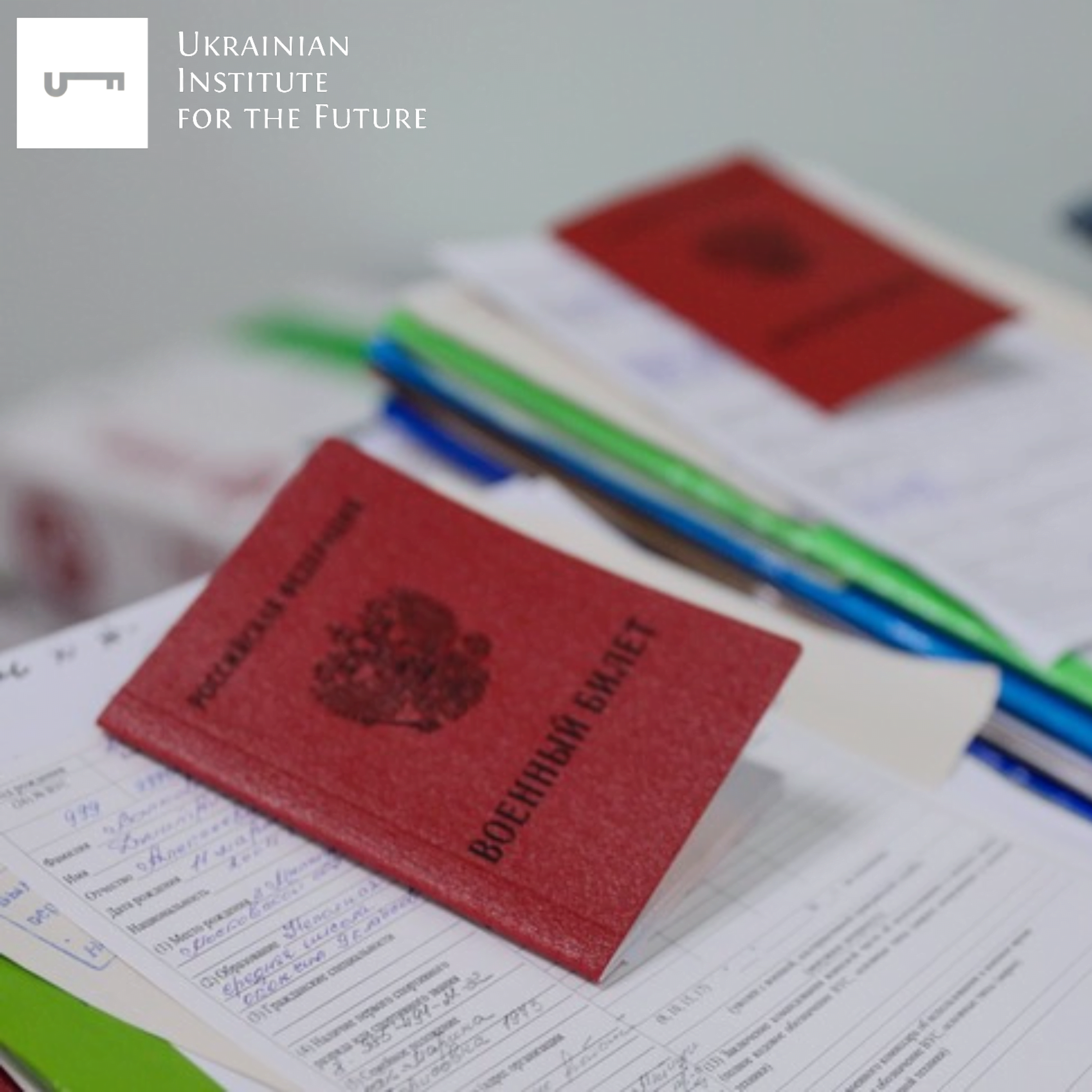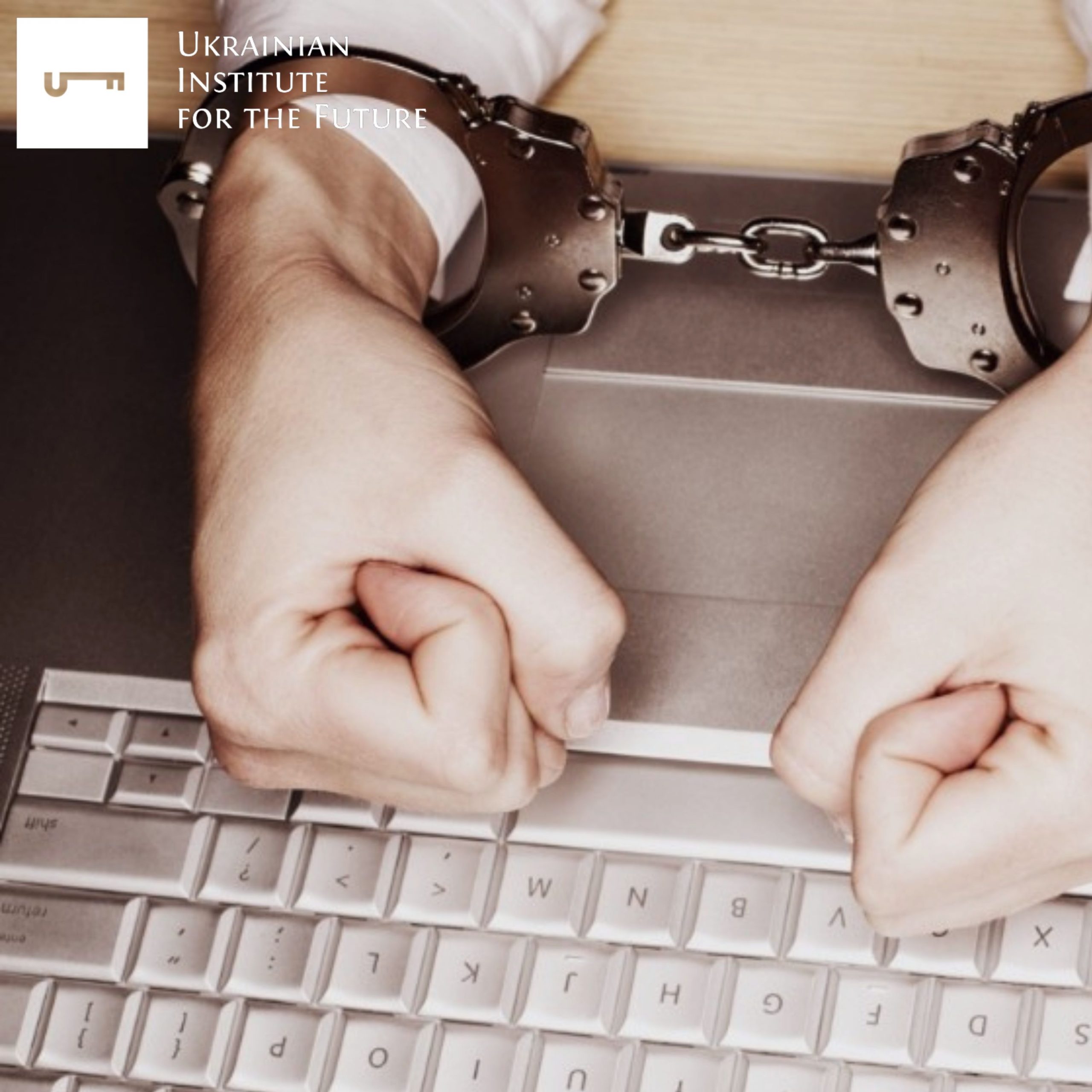A month or two are left (until the bureaucratic apparatus has not “swayed” yet) to escape from the war. Those who leave – will not be able to return: they will end up being sent to war or prison.
Summary
By adopting a law on the electronic military summons, the Russian authorities are trying to solve two main issues: 1) to create conditions for simplifying the recruitment of Russians for war and 2) to launch a campaign to force those who left with the start of “partial” mobilization to return to the Russian Federation. Ordinary Russians have a month or two left to leave the country. Then this possibility will completely disappear. Those who left will be convinced to return. Those who will believe it and return will eventually be “neutralized” as unreliable (mobilization, prison, or physical destruction). This is precisely what the Soviet government did.
Event
On April 11, the State Duma adopted amendments that legalize electronic military summons and the creation of a unified register of those liable for military service. Such notices will be sent to personal accounts at the State Services website. The electronic notices will have the same effect as summons sent by registered mail and notifications through the employer. The electronic summon will be considered delivered from the moment it is posted in the personal account on the State Services.
After receiving the military mobilization notice (including at the “State Services” online), the person must appear at the military registration and enlistment office at the appointed time. In case of non-appearance, after 20 days, those who avoided the notice will be banned from:
- Departure from the Russian Federation, e.g., being unable to leave Russia – even those who have not read the notice sent via the ” State Services ” or sent by mail.
- Driving a car – the “evader” will be deprived of his driver’s license.
- Get a loan.
- Sell and buy real estate.
Those who evade military service will be provided with a criminal article.
Criminal liability for evading mobilization can be introduced at any time.
The law “on electronic military summons” drastically shrinks the space for “negotiating with the state on an individual basis”, since the electronic monitoring system – and, accordingly, restrictive measures – drastically narrow the “individual maneuver”. Thus, the level of anxiety and tension in society may increase.
Context
According to Kremlin officials, from 600,000 to 1 million people have left Russia since the start of mobilization.
The authorities are preparing a PR campaign to return those who left during the “partial” mobilization last autumnto the Russian Federation. Danya Milokhin, Danil Kozlovsky, and Morgenstern might become the key faces of this campaign. According to the idea of campaign creators, recognizable “refugees” “should tell that they made a mistake and that the Russians cannot find happiness in the West – poverty, and lack of interest in their fate await them there. The best is to admit this mistake and return home”. It is also known that Milokhin will “talk about the horrors of emigration and the economic bottom. This, in particular, will be projected onto the young audience.”
Morgenstern has already defiantly sung Shaman’s song “I’m Russian”.
A similar campaign for the return of political refugees – is being conducted in Belarus. The condition of such a return is public “repentance” and a promise to “change views”. However, Belarusians who responded to the call to return are detained at the border or a few days after their return.
The Soviet authorities in the 1920s and 1930s campaigned for the return of emigrants. In particular, special work was carried out for the return of professional specialists. Also, such campaigns were carried out in the 1940-50s, after the Second World War. Many who returned in the 1920s (up to 400 thousand people) faced a lack of living and economic conditions for reintegration. In the 1930s, “returnees” were subjected to repression. In the post-war years, the number of returnees was relatively small. As a rule, “forgiveness” promises did not guarantee the returnees the absence of reprisals.
In particular, the film “East-West” (1999, starring Oleg Menshikov) was shot about the fate of such returnees.
Conclusion
1. The Law on Electronic Military Summons dramatically changes the rules of relations between the authorities and the population in matters of mobilization. It significantly expands the authorities’ possibilities to recruit Russians into the army.
2. The law is potentially unpopular, but the authorities proceeded with the fact that the population could not resist. It will continue to endure attacks on its rights silently.
3. After the new reality of forcing Russians to perform military duties becomes the norm, the government will continue to attack their rights and opportunities.
4. After the law enters into force, Russians who do not want to participate in the war have a brief period for deciding to relocate. Approximately – not more than two months until the bureaucracy establishes the sending of electronic summonses and the system for “catching” evaders.
5. Сitizens of the Russian Federation who left the country during the first wave of mobilization are susceptible to this law. They were given a tough choice: either to return and accept the conditions or to apply for political asylum.
6. It will be much more difficult for relocators to maintain the current status quo: Russian employers (for which they now work remotely) simply cannot continue to provide them with work.
7. The campaign for the return of relocators will be aimed at the return of those who left. But “behind the scenes,” there will be another campaign: to “receive” returnees. Most of those who returned, as in the Soviet era or as now in Belarus, will be subjected to coercive measures: sending them to the army, political repressions, obstructions, or imprisonment.
8. An additional motive for the new law is the introduction (under the guise of refugees seeking political asylum) of Russian agents and spies into Western countries.
9. “Spy-phobia” will make it much more difficult for relocates to obtain legal status.
10. The new law marks the transition to the final “mask drop”: the authorities will be increasingly persistent in “tightening the screws” and forcing Russians to participate in the war.




